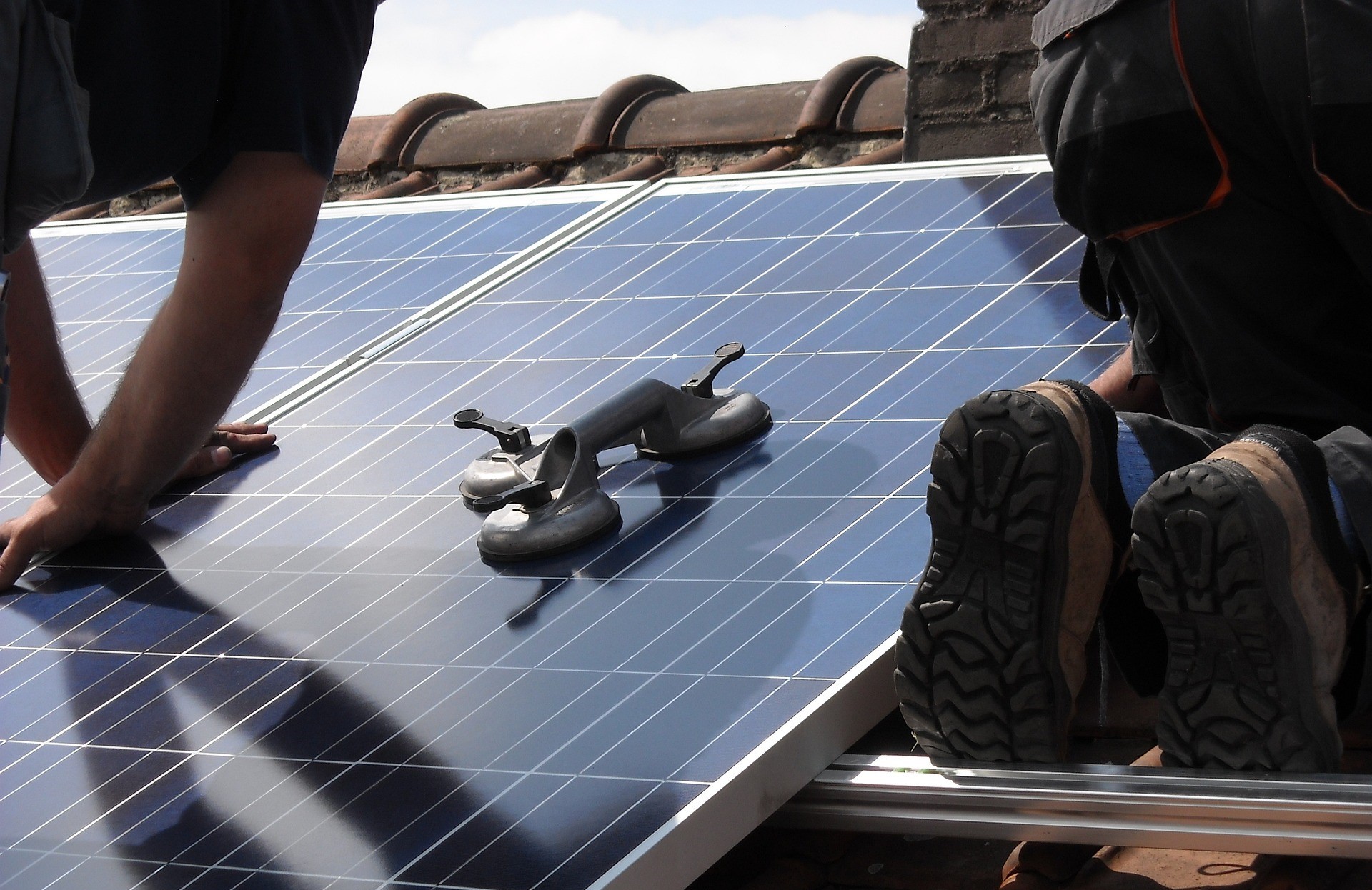Millions of Americans are deciding to power their homes with solar energy and take advantage of its numerous benefits, including cost-savings on electricity bills that accrue over the lifetime of the solar system. As more people choose solar energy, the increase in popularity has opened the door for some bad actors who are spreading misinformation and engaging in fraudulent business practices. Every solar company has a responsibility to be honest and upfront with consumers, but to avoid scams, consumers should also be on the lookout for red flags as they plan to go solar.
Don’t Give In to Pushy Sales Tactics
Going solar is a process that requires careful consideration. The U.S. Department of Energy Solar Energy Technologies Office has a list of commonly asked questions for homeowners thinking about powering their homes with solar energy. Do your research before signing any contracts and be wary of any offers that claim to expire soon. Pressure to act immediately is a common characteristic of scams. When viewing your contract, make sure you understand the terms and don’t hesitate to ask questions.
When looking for price quotes on a solar system, make sure you go through a legitimate platform such as, but not exclusive to, EnergySage, which clearly states how it will use your information. Online forms that are not associated with an official business and request your name, address, or other personal data to “see if you qualify” are another warning sign, as these forms can sometimes serve to generate leads for other businesses.
Talk to Certified Installers
An ad for solar panels without any branding or business affiliation should be a red flag. Reputable companies stand behind their products and take ownership of their behavior.
As you research solar installers, read customer reviews to make sure you are selecting a good fit. Another helpful step is talking to your neighbors and friends who have gone solar. Ask them about their experiences and for recommendations on local installers.
Make sure your installer is licensed and certified by a reputable organization like the North American Board of Certified Energy Practitioners. Ask multiple installers to come assess your roof and compare their quotes.
Understand Your Financing Options
Offers claiming to provide free solar panels or other services deserve a closer look at the fine print. The federal government does not have any programs that install solar panels on the homes of Americans for free. However, there are legitimate programs that can help you take the plunge with very little up-front cost. Some states subsidize solar energy for income-qualified households, but check to see that the program is listed on a .gov website or call the state office to make sure the offer is real and to learn how to participate.
If you choose to buy your solar energy system, a variety of loans are available that can lower the up-front costs of the system. Additionally, a 30% tax credit is available to those who purchase a solar energy system. The tax credit is a dollar-for-dollar reduction in the amount of income tax you would otherwise owe; it is not a rebate or a government check. Read our Homeowner’s Guide to the Federal Tax Credit for Solar Photovoltaics to learn more about the tax credit and eligibility.
Solar leases and power purchase agreements allow consumers to host solar energy systems that are owned by solar companies and purchase back the electricity generated. Consumers enter into agreements that often allow them to have lower electricity bills without monthly loan payments. In some cases, that means putting no money down to go solar.
Shop Safely and Spread the Word
Now that you know how to spot a scam, go forth and go solar! Be sure to tell any friends and family who are considering going solar how they can avoid falling victim to a scam.
Contact the Federal Trade Commission to report scams. Depending on where you live, a state consumer protection office may be able to help, too.
States have licensing requirements for contractors to protect consumers, which you can verify with your state or local licensing board. The Solar Energy Industries Association (SEIA) has a suite of consumer protection resources for businesses to learn about proper conduct and state and federal laws and regulations.

Editors Comment:
Be sure to ask what happens if the grid goes down and you don’t have a backup generator attached to the solar panel system. We almost went down this road with a $35,000 investment only to find out that we needed an additional backup generator to get us by short term. Whole-house generators were running about $15,000 at the time. Needless to say, the sales rep did not inform us about the need for a whole-house generator in the event the grid went down. Fortunately, we were able to back out of the three-day clause in the contract.
Do check out the invaluable resources from SEIA.org. If it hadn’t been for their solar power instructional videos, we would have made this purchase expecting to be protected in the event the grid went down indefinitely.



